Impact is at the centre of everything in tech business. Be it Apple disrupting the music industry or Uber changing how we go from one place to another.
However, a new crop of startups, called impact startups, are taking the idea of impact to a whole new level.
They are not only bringing about major lifestyle changes with their products and services but also solving major societal problems.
While impact goals vary widely for startups, most common themes include climate action, affordable and clean energy, sustainable cities and communities, gender equality, hunger and poverty, and quality education.
These impact startups are so pivotal to solving 21st century challenges that VCs now see them as an absolute must-have in their portfolio.
At the 0100 Conference Europe in Amsterdam later this month, impact startup will be in the subconscious of every leading LPs and GPs.
One investor making impact central to their mission is Amsterdam-based Rubio Impact Ventures.
PE/VC model to create more impact
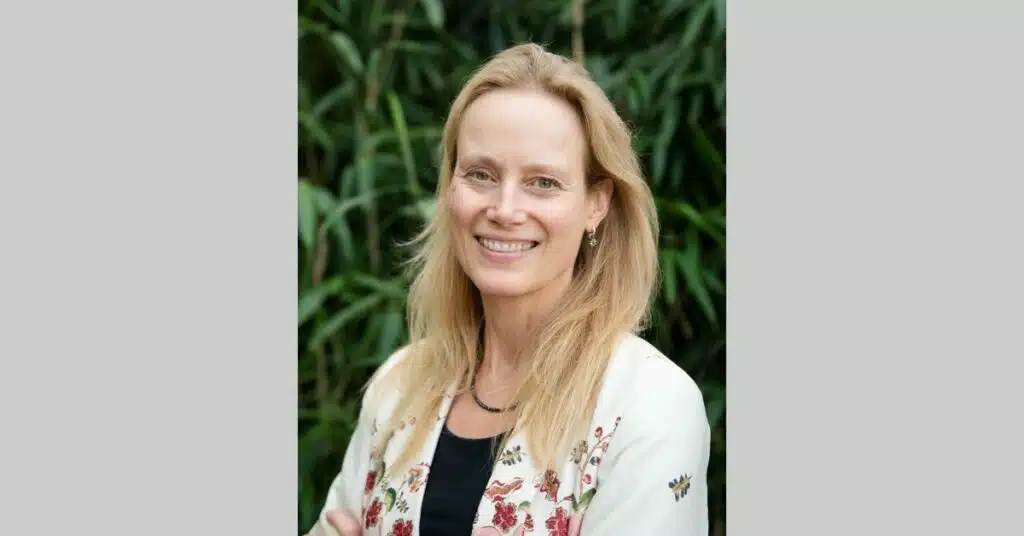
Rubio Impact Ventures was co-founded by Machtelt Groothuis and Willemijn Verloop in 2014. Groothuis says she always envisioned using the good parts of the PE/VC model to create more impact.
After studying economics in Rotterdam and getting MBA from INSEAD, Groothuis worked in consulting at McKinsey in Amsterdam and Beijing, and ran mid-market buyouts at 3i and AlpInvest.
She loved the PE work at AlpInvest and 3i, and says, “I have always known I wanted to contribute to a better world.”
After working 10 years in the PE world, she says looking at the work only from the financial side of the business started to bother her.
She adds, “I thought that was a huge missed opportunity, and also a moral obligation as PE was starting to become a pretty big sector with lots of influence in our economy.”
To find her calling as an impact investor, she quit 3i and met her co-founder Willemijn Verloop, who had set up a successful international NGO called War Child.
Verloop came to the conclusion that philanthropy alone cannot solve global problems and founded Social Enterprise NL, the Dutch association for impact entrepreneurs which was started following market research it did with the help of McKinsey.
They met through the McKinsey network and found their common calling by setting up Rubio Impact Ventures as the first independent impact fund in the Netherlands.
Before starting the firm, Verloop found the Netherlands lagging behind the US and the UK where investing for impact was more common.
By setting up Rubio as an Amsterdam-based impact fund, they wanted to turn around the most vibrant startup ecosystem to an impact ecosystem.
Groothuis adds that the Netherlands has caught up and the Dutch impact investing market has significantly grown, especially in terms of deal flow.
Increased awareness about impact investing
While investors and venture capitalists are increasingly supporting impact startups, the reality is far from creation of impact.
“We see a lot of funds adopting impact investment terminology in the description of their strategies, unfortunately this does not mean they necessarily create impact,” explains Groothuis.
Speaking to Groothuis and Rubio Impact Ventures, one thing becomes abundantly clear. There is a need for a huge amount of capital to achieve the sustainable development goals.
However, some investors are using the scope of impact investing for greenwashing or socialwashing that puts new LPs entering the market at a disadvantage.
One of the silver lining, however, is the increased awareness of impact investing among next generation high-net-worth individuals (HNWIs). Institutional investors are also realising their responsibility to contribute to a livable world.
Ard van de Kreeke, the founder of Growy, told Silicon Canals in October last year how raising funds is “still very difficult” for his impact startup.
Groothuis says there are a few barriers including the availability of impact funds with track record, established teams, and proven impact methodologies.
Another barrier, according to her, is the lack of familiarity with the field and limited experience among LPs on how to measure impact.
For impact investing to go mainstream, it not only needs to overcome these barriers but also overcome the possible bad faith actors in the business.
Need to co-invest and impact measurement
When asked about what will put impact investing at the pedestal of VC investment, Groothuis calls it the need to co-invest with mainstream investors.
She argues that impact investors should join hands with mainstream investors offering sector knowledge or geographic presence.
At Rubio, they are working with Accel, Northzone, Norrsken, Y Combinator, and Breakthrough Energy to co-invest and create impact.
“We think this is a great way to leverage our capital for more impact and share our learnings of impact investing, while broadening the base for our portfolio founders,” she says.
At Rubio, Groothuis and Verloop had to do a lot of things differently since there didn’t exist a playbook for impact investing.
One of the things they did was build a metric to measure their impact in the form of investing in startups solving global problems.
Groothuis says it is key to understand what is under the hood of funds that call themselves impact investors.
For Rubio, it is a proprietary, bottom up approach that they co-developed with the EIF when they invested in its first fund in 2015.
“We find that this approach best serves the interests of our founders and investors,” says Groothuis.
“We often get feedback from our founders that the impact targets help them to win customers and talent, while our LPs are happy with the granular insights it provides, which are also linked to specific SDGs.”
Rubio’s impact management methodology, Groothuis explains, consists of three steps. The first step is where they take the founders through their impact management tool to discuss “their theory of change, additionality, and negative side-effects.”
She adds, “Although all of our founders are impact driven, only 20 per cent have clear metrics in place.”
The second step involves validating the targets, which is done by Rubio’s Impact Advisory Board pre-deal and post-deal by its investor council consisting of the largest investors in its fund.
Once Rubio has invested in a startup, they track the ongoing impact performance and report to its fund investors on a quarterly basis tracking which percentage of the KPI is achieved.
“And importantly, our carried interest is 100 per cent linked to the achievement of the impact targets on a fund level: we only are entitled to the carried pool if we achieve our impact targets in addition to the financial targets,” Groothuis elaborates.
Impact investing at 0100 Conference
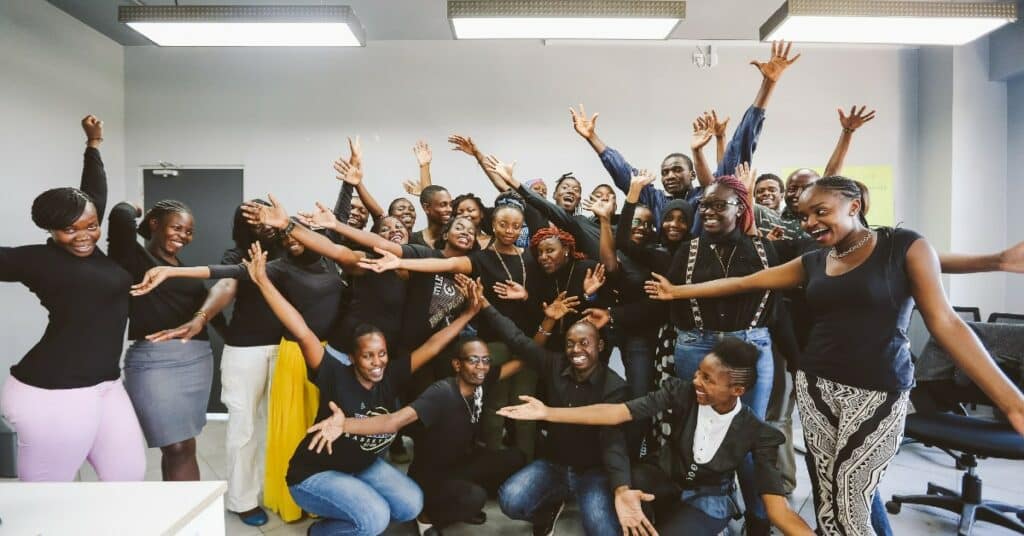
At 0100 Conference Europe being held in Amsterdam from March 28 to March 30, Machtelt Groothuis will lead other LPs and GPs to talk about the significance of impact investing.
She wants to use the opportunity to “celebrate successes and the progress that the impact investing sector has made and to connect to entrepreneurs, other GPs and LPs who are entering the impact investment space.”
At the conference, the highlight will come in the form of realisation that impact funds in developed markets are at least at par with mainstream funds in terms of returns.
“We have been able to show this for our own Fund I and Fund II, with both realised exits and follow-on rounds,” she says.
She also plans to use examples of companies that have impact at the core of their business and “successfully scaling impact and business in sync.”
She cites the example of Sama, an impact startup creating jobs for young, low-income talents through the digital economy, which saw a 630 per cent uptick in enterprise value since Rubio’s investment.
The startup has also achieved close to 400 per cent of its impact targets, creating “over 3,000 formal, above-living wage jobs for young people from marginalised backgrounds.”
Another startup in Rubio’s portfolio creating impact is Sympower, which helps reduce the reliance of grid operators on coal and gas-fired power plants through smart peak shaving.
Sympower, according to Groothuis, had a 780 per cent uptick in EV and has achieved 33 per cent of impact target by saving over 300,000 tons of CO2.
Apart from impact investing, she says the 0100 Conference Europe will be an opportunity to have an open discussion on where they want the financial sector to be in 2030.
“I think it is important to reintroduce our own moral imperative to the discussion on how we build businesses and invest,” she says.
Innovation and sustainability galore
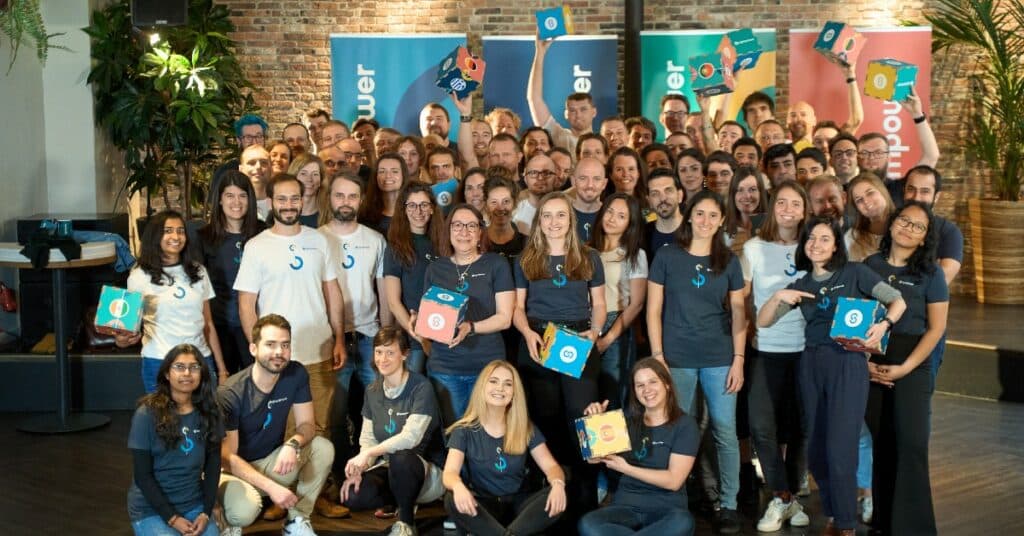
Each year, Groothuis says Rubio Impact Ventures reviews over 1,000 deals per year and that they receive a lot of inbound dealflow.
However, most of the companies backed by Rubio come from its own networks and sector deep dives.
“We proactively research major themes in our impact segments to identify promising trends and companies – those are usually the most interesting investments,” she explains their approach.
In terms of innovation that also meet sustainability goals, Groothuis is looking at alternatives for pesticides and fertilisers and B2B solutions for protein transition like Novameat and Arborea in the food tech industry.
In healthtech, she says Rubio is focusing on smart applications that empower patients and healthcare professionals like Incision and SkinVision.
“In our wider Climate Action team, we look at energy storage and smart grid solutions like Sympower,” she says before adding, “in People Power, we are interested in inclusive job opportunities and access to education, like Sama and Microverse.”
She says that after 8 years, Rubio sees proven alignment between impact and business growth, proving its initial strategy.
“We believe that the most valuable companies of our time will be the ones solving global problems,” she concludes.



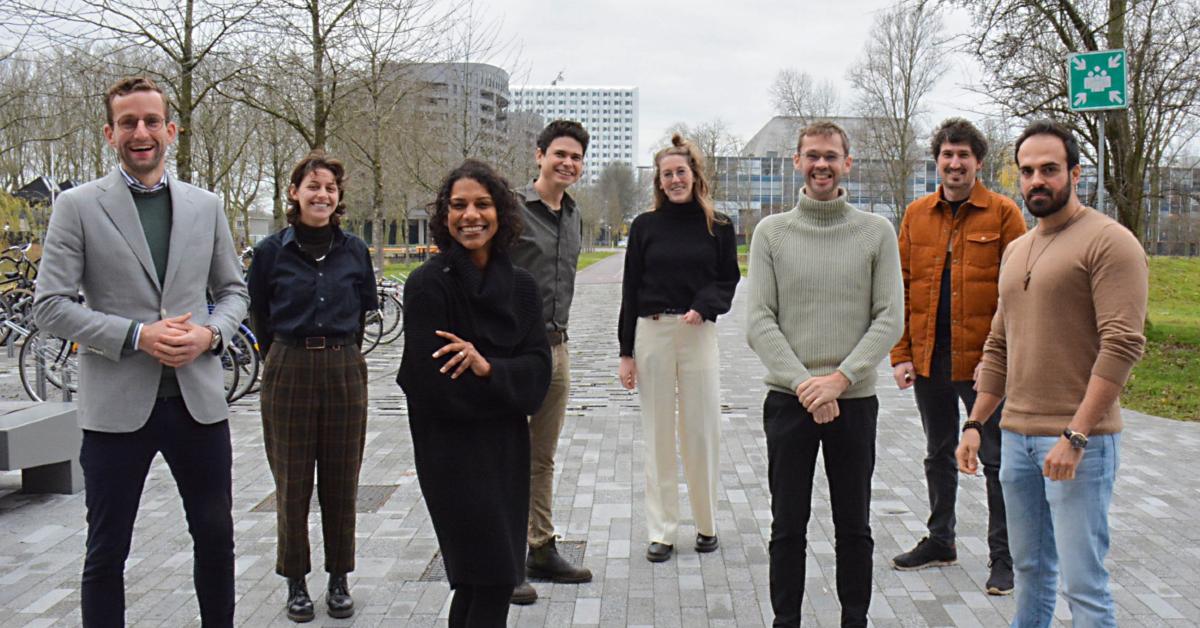
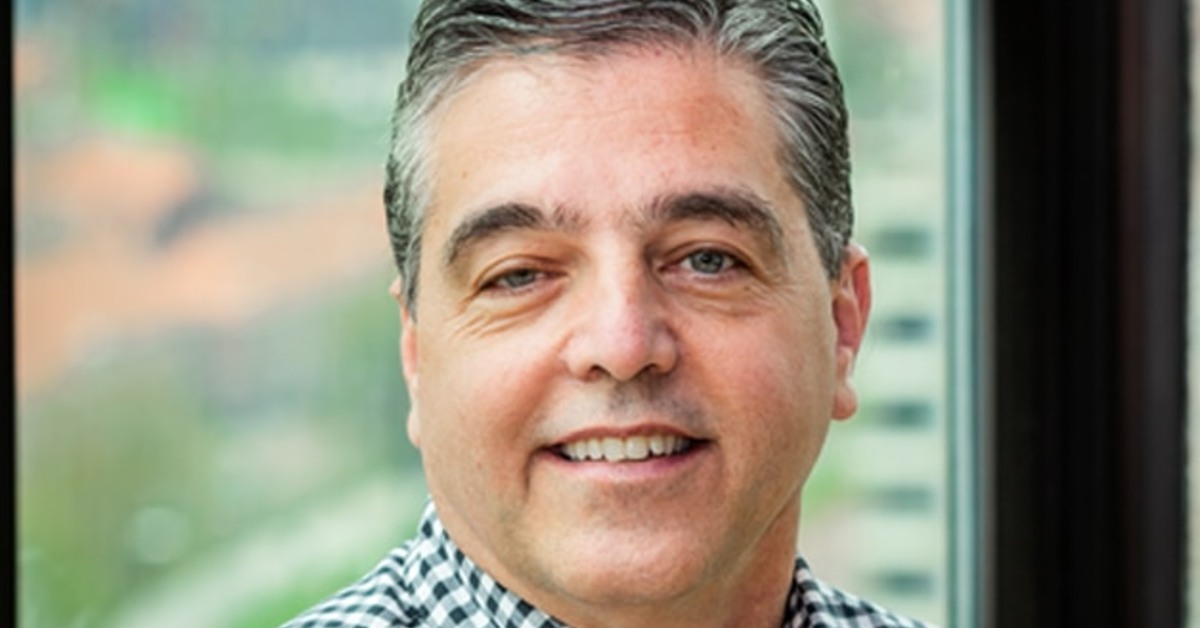
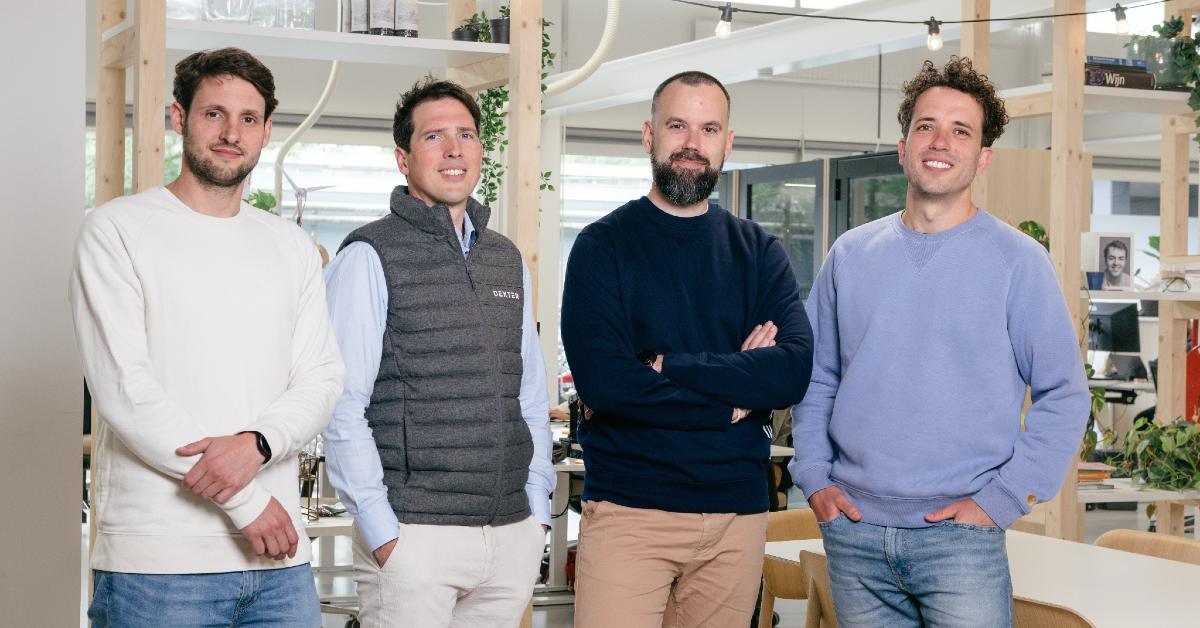
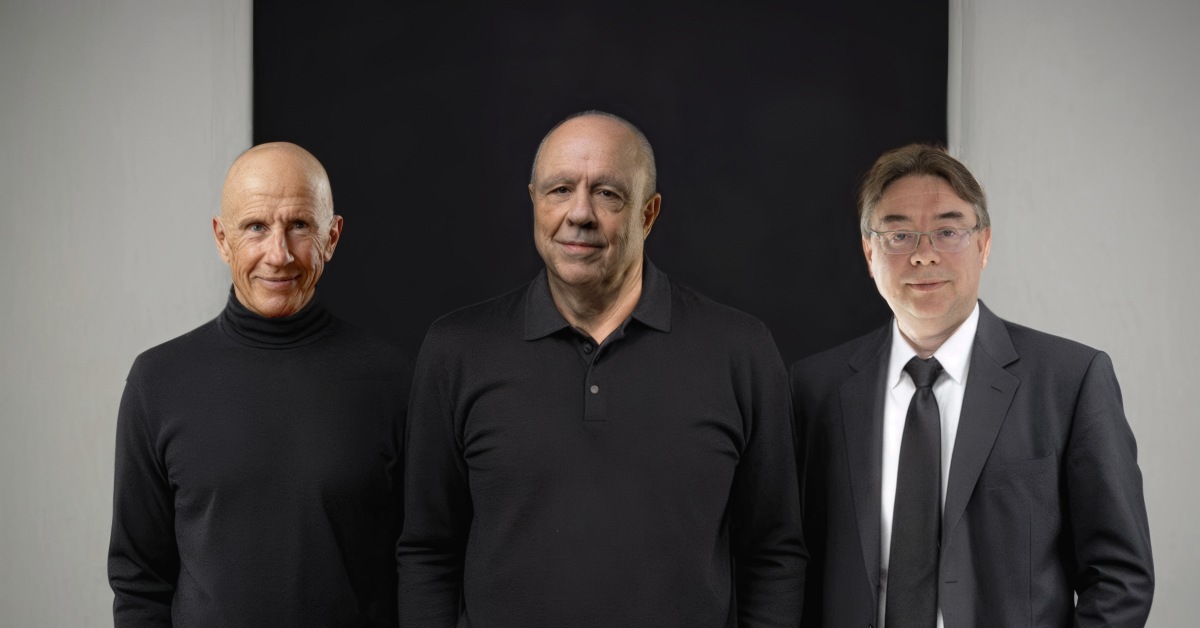

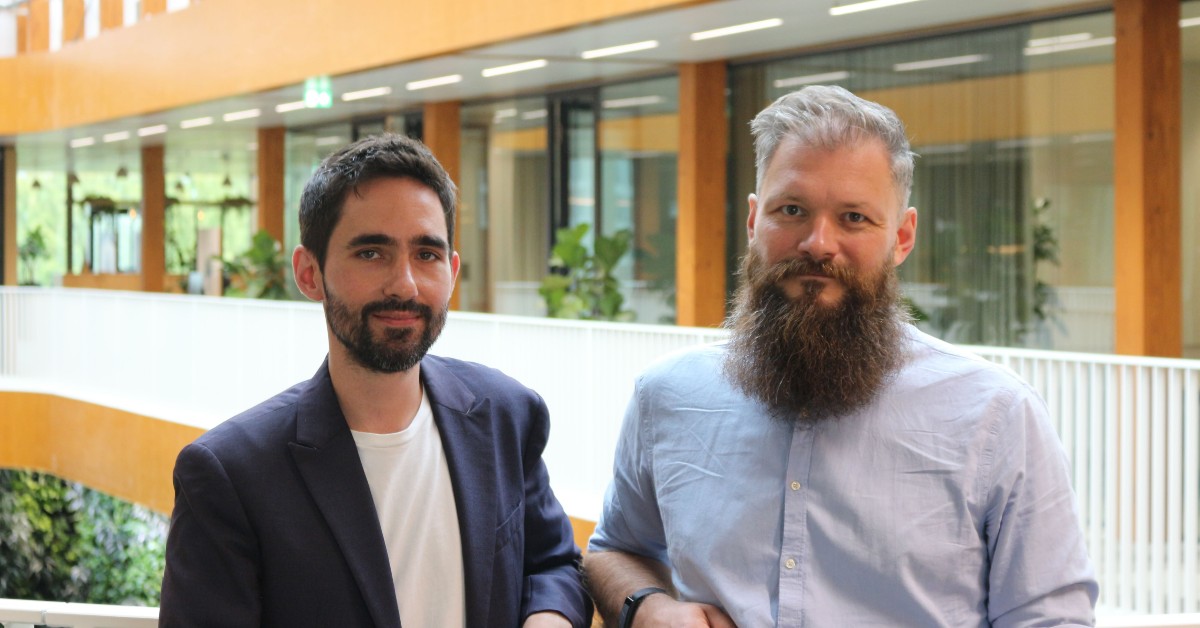

01
From telecom veteran to Dutch Startup Visa success: The Jignesh Dave story